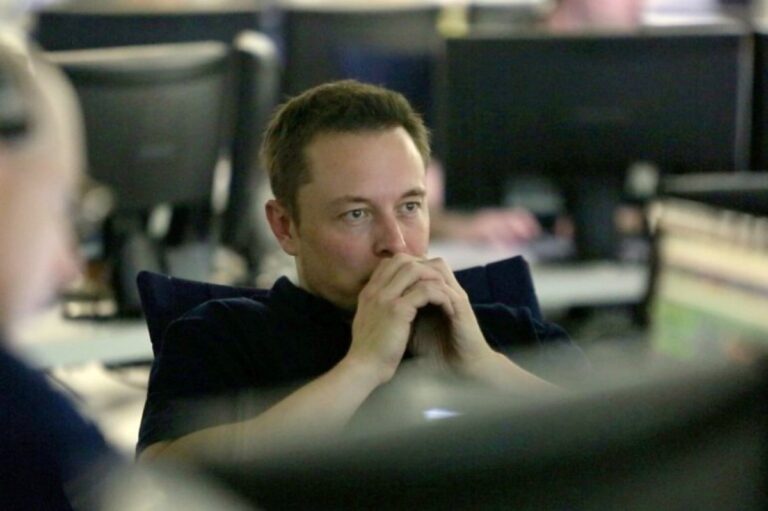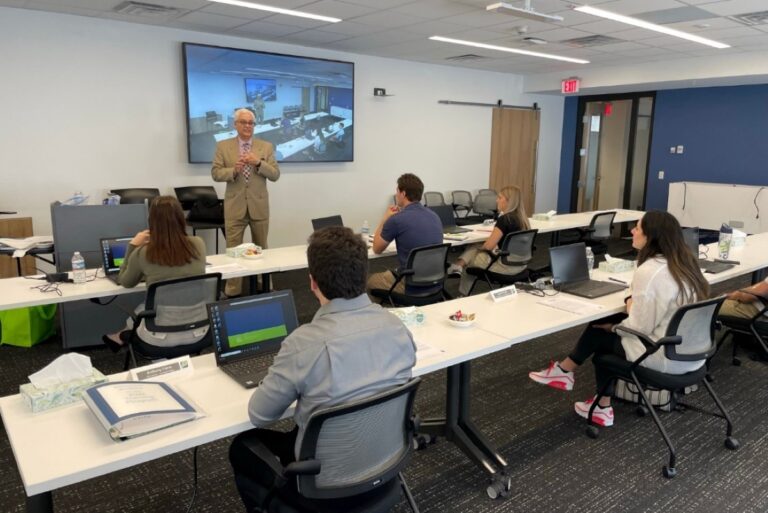How Does the Healthcare Industry Save Costs Based on Technology?
How is technology reducing the cost of healthcare? Originally appeared on Quora: the place to gain and share knowledge, empowering people to learn from others and better understand the world.
To be fair, some of the other answers have highlighted how technology can increase the cost of care: we have gotten so good at keeping people alive that we’ve driven up the cost of care dramatically. This is empirically true. Despite those advances in med-tech, information-tech stands to help reduce the cost of care dramatically in a few ways:
1) Changing Behaviors
It’s rather self evident that lifestyle decisions are the #1 impact on health at the population level. Tools like PatientIO and Apple’s Care Kit are explicitly helping patients understand the changes they need to make in their lifestyles. I’m not saying “tech makes people healthier.” Rather, tech can provide tools to help people understand the consequences of the choices they’re making. Some fraction of those people will make better decisions as a result of contextually relevant information that’s specific to their disease state.
2) Provider Risk
For the first time in US history, providers are taking on risk for population health. They finally have incentives not to keep driving up healthcare costs. This means they’re investing in novel programs and trying new approaches to improve healthcare. For example, many providers are working with analytics tools like Health Catalyst to granularly understand their populations. And they’re investing in novel programs like Omada Health to improve the health of the populations they own.
3) Consumer Risk
As health savings accounts (HSAs) become more popular, consumers are assuming more responsibility for their health outcomes. And they’re seeking to better understand how they take care of themselves. They’re investing in health tracking tools like Fitbit and Apple Watch, connected scales, sleep monitors, and more. Information is power. Consumers are adopting these technologies. Not everyone leverages them to their fullest degree, but there are many consumers who are.
4) Price Transparency
Pricing in healthcare is becoming more transparent. This, coupled with consumers taking on more risk, will drive consumers and employers to make smarter decisions. There will always be situations in which it’s not warranted to shop around and compare prices, there are a significant percentage of scenarios – non emergent – in which it will make sense to shop around. Capitalism dictates that price transparency leads to lower prices as consumers can make better purchasing decisions.
5) Data-driven Medicine
Google and others are investing billions in leveraging machine learning to solve complex healthcare problems. They will use the machine learning to make smarter dosing decisions for pharma and to more effectively interpret test results.
6) 3d Printing
This is already happening. 3d printed joints and bones will dramatically reduce the cost of these procedures. The cost of manufacturing, transport, and inventory management around joints today is staggering.
7) Growing Organs
It seems likely that in the next 30 years, we will be able to regrow some or all organs other than the brain. It will become more cost effective to simply grow new organs than to fix old ones.
There are plenty of macro trends happening, and they are all converging. There is tremendous opportunity to make the healthcare system much more efficient.
Contributed by Kyle Samani, Managing Partner, Multicoin Capital









